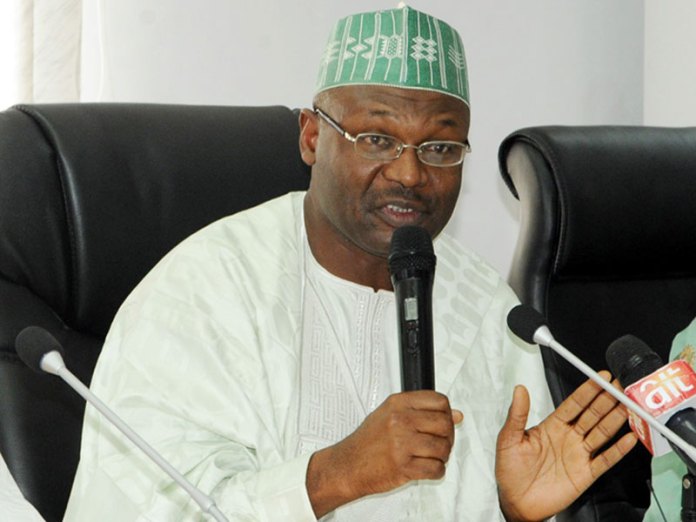- INEC Okays Resumption of Campaigns
Parties threatening to resume campaigns following the postponement of the general elections got the nod to return to campaign grounds last night.
The Independent National Electoral Commission (INEC) reversed itself on its earlier position that political campaigns ended last Thursday, being 48 hours to the Presidential and National Assembly elections that was shifted by a week.
The commission after reviewing its decision yesterday gave parties the go-ahead to resume campaigns.
INEC had in the early hours of Saturday postponed Presidential and National Assembly election from February 16 to February 23 and the Governorship and State Assembly, as well as Federal Capital Territory (FCT) polls of March 2 to March 9.
The commission cited logistics and alleged sabotage of its efforts for the shift.
Fielding questions at a stakeholders meeting where INEC Chairman, Prof Mahmood Yakubu, explained the last minute’s decision, the commission insisted that the ban on campaigns would remain in force.
But the parties vowed to go ahead with campaigns since Section 99 of the Electoral Act 2010 as amended, stipulates that campaign should stop 48 hours to the election.
INEC announced the resumption of campaign yesterday through a statement by its National Commissioner in charge of Information and Voter Education, Mr. Festus Okoye.
The statement reads: “The Independent National Electoral Commission met on Monday, 18th February, 2019 and reviewed its preparations for the 2019 general elections re-scheduled for Saturday, 23rd February, 2019 for the Presidential and National Assembly elections and Saturday, 9th March, 2019 for governorship, State Assembly and the Federal Capital Territory (FCT) Area Council Elections.
“It would be recalled that at the briefing held on Saturday, 16th February, 2019 at the Abuja International Conference Centre (AICC), the commission gave reasons for re-scheduling the polls and released a new schedule of activities leading up to the elections.
“The commission has also worked out in detail, concrete steps to be taken to ensure that election materials arrive at the polling units in good time for prompt commencement of the polls on Saturday, 23rd February 2019.
“An update will be provided by the Commission at a press conference on Tuesday, 19th February at the Abuja International Conference Centre by 3pm.
“In the meantime, after consultations with political parties, the Commission has approved that campaigns by parties and candidates can resume forthwith to end by midnight of Thursday, let February 2019.
“Media organisations are at liberty to accept, publish, broadcast and circulate campaign materials up till midnight of Thursday, 21st February, 2019. Political parties and their candidates are enjoined to abide by the extant laws governing campaigns.
“The commission wishes to thank all Nigerians for their understanding regarding the rescheduling of the elections. We appeal to stakeholders to be dispassionate and circumspect in their comments.
“The Commission is focusing on the elections to be held on 23, February and 9, March to ensure that they are free, fair and credible. We urge all Nigerians to participate fully in the elections, notwithstanding the disappointment.”


 Forex2 weeks ago
Forex2 weeks ago


 Naira2 weeks ago
Naira2 weeks ago
 Billionaire Watch1 week ago
Billionaire Watch1 week ago




 Naira2 weeks ago
Naira2 weeks ago




 Naira1 week ago
Naira1 week ago




 Naira4 weeks ago
Naira4 weeks ago
 Nigerian Exchange Limited4 weeks ago
Nigerian Exchange Limited4 weeks ago


 Naira3 days ago
Naira3 days ago









